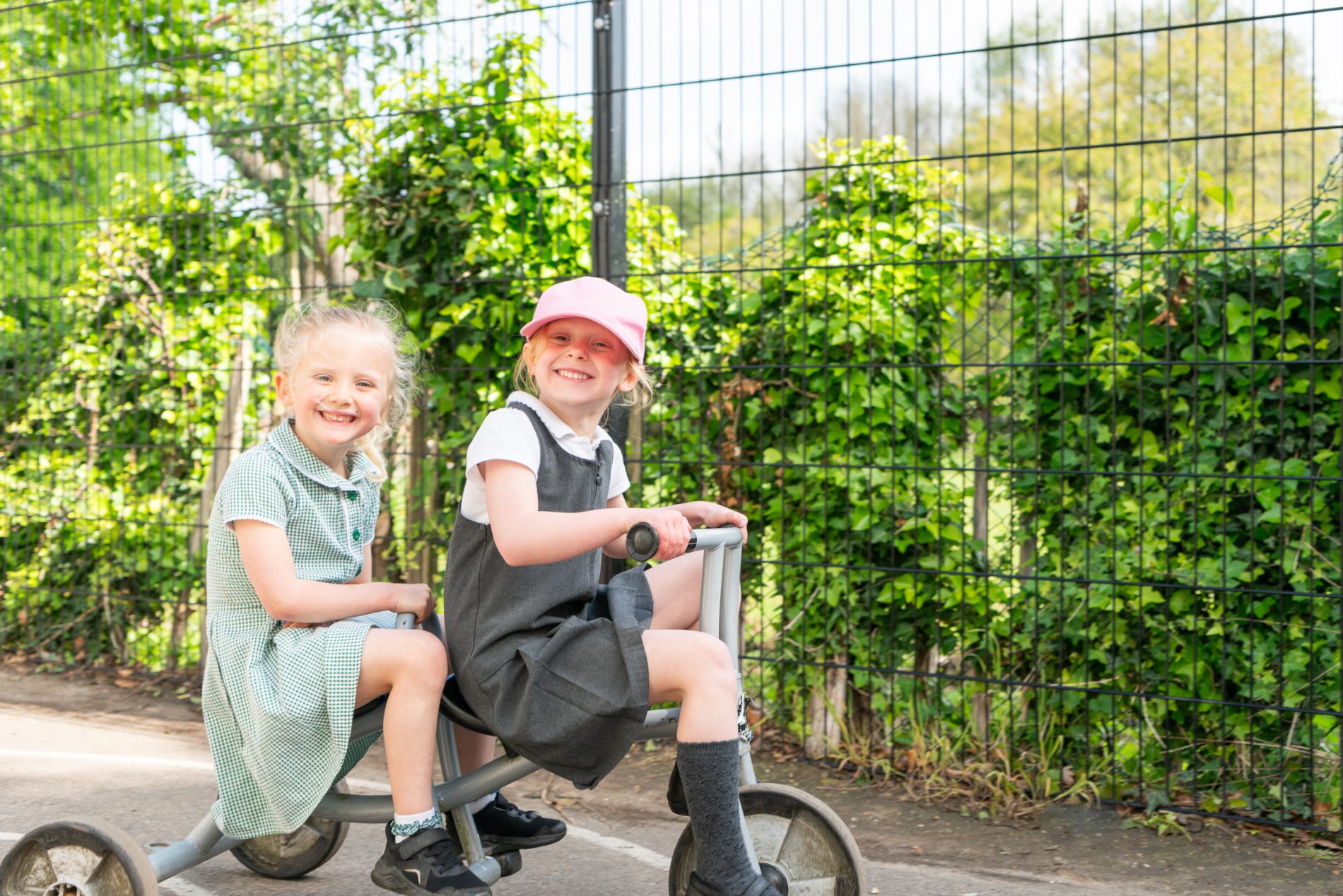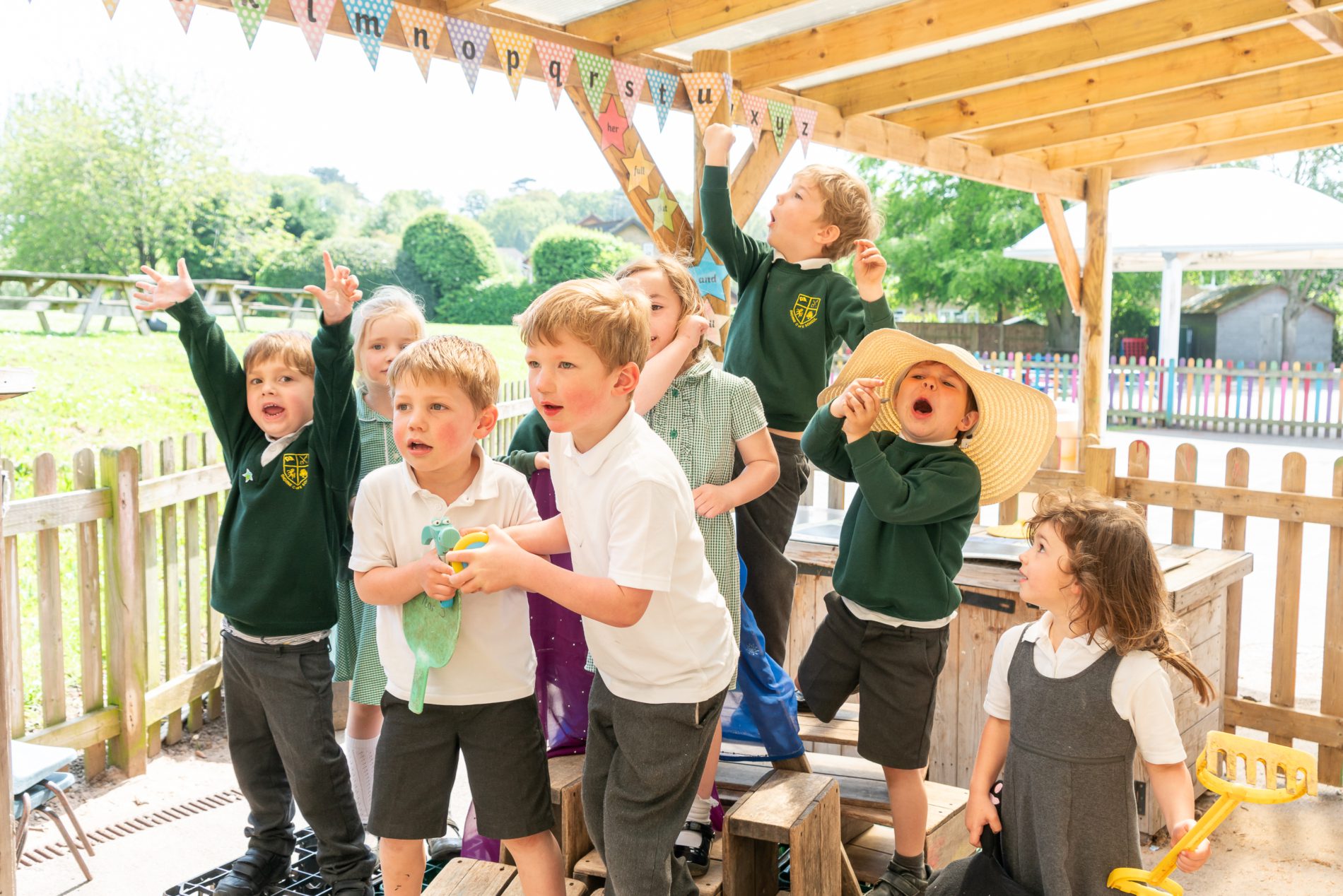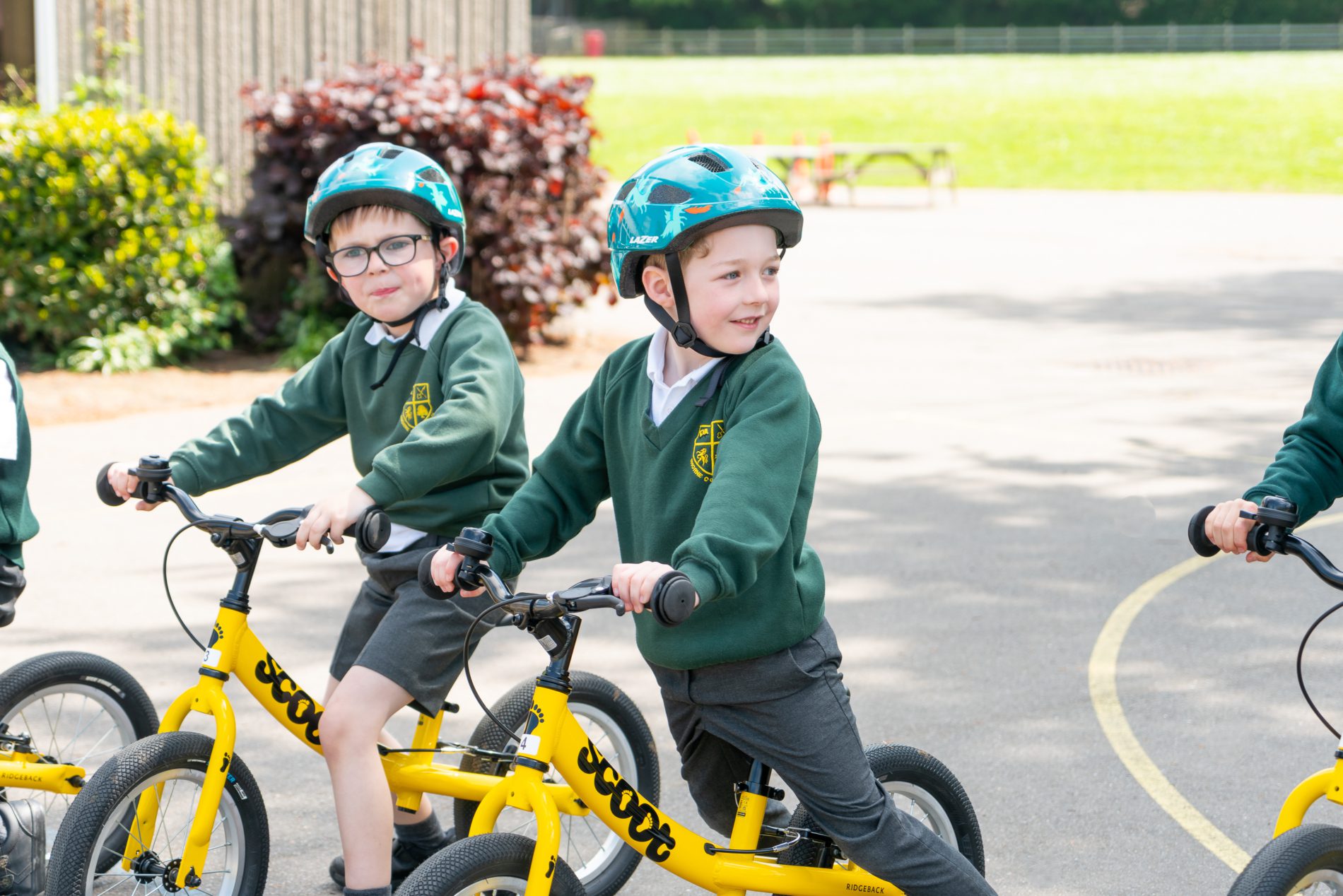Outdoor Learning Subject Leader: Mrs. D Thornley
Intent
Pupils receive Forest School sessions led by our trained Forest School Reception teacher. We believe in the Forest School learning process, originating in Scandinavia, which is a child-centred approach that offers opportunities for holistic growth through regular sessions. It is a long-term program that supports play, exploration and supported risk-taking. It develops confidence and self-esteem through learner-inspired, hands-on experiences in a natural setting. Engaging in outdoor learning activities supports children’s mental, spiritual and physical well-being.
The aims of our outdoor learning are:
- To build self-esteem and confidence in children
- To build resilient, determined and independent learners.
- To develop children’s personal, social and emotional development.
- To encourage collaboration
- To develop and build the ideas of risk management and risk-benefit.
- To improve children’s life skills and experiences.
- To enable children to gain respect for the natural environment and wildlife.
- To let children be children.


Implementation
Pupils In Reception have weekly Forest School sessions. The sessions are well-planned, supportive of the aims above, and complement learning that is taking place as part of the curriculum. Pupils experience a range of learning, from team-building activities to exploration, from learning about the natural world to creating art, music or role play. The dedicated Forest School area is set up for learning and has water access and a learning tent. Pupils undertake these sessions in all weather and wear weather-appropriate clothing. Adults support the children and support learning and play where relevant.
Impact
Pupils very much enjoy Forest School sessions; these outdoor sessions, promote physical activity and oxygenate children’s bodies, improving concentration and the motivation to learn. It supports children to gain more independence and self-confidence, reduces anxiety, builds resilience, and improves their communication skills. It also feeds into the wide range of learning that takes place in school.

Benefits of Outdoor Learning
Outdoor Learning promotes the holistic development of a child. It is particularly suited to children who struggle, for various reasons, to learn in a traditional classroom setting, as well as providing all children with a positive outlook which is then transferred to the classroom where they are found to be more motivated and have increased concentration levels.
Physical Development: Development of gross motor skills, building muscle, spatial awareness, balance, coordination, and stamina. Fine Motor skills are enhanced when using hand tools as well as hand-eye coordination.
Emotional and Mental well-being: Spending time in woodland areas is calming and reduces stress.
Social Development: Development of communication and language skills, the ability to share, take turns and work as a team.
Behaviour: Research has shown that being outside has a calming influence on the brain, thereby improved behaviour is noticed.
Self-Regulation: The ability to recognise and manage risk as well as understand the reason for boundaries and rules.
Increased self-confidence and self-esteem: Learning new skills, and taking risks when using hand tools develops a sense of responsibility and pride. Increased knowledge, awareness, respect, and understanding of the natural environment.
Creative Development: Through free play and exploration, children become naturally inquisitive of the natural environment, using it as a provocation for storytelling and role play.
Curriculum Links: The ethos and principles of Forest School support many of the Early Years Foundation Stage Curriculum and the National Curriculum for Key Stage 1 and Key Stage 2 and complement the topic-based curriculum we have at Shorne CofE Primary School.
SEND Information
Interventions, support, and challenges are constantly revised and adapted to ensure all children are supported in achieving learning. Learning is robustly and continuously monitored and assessed to ensure gaps in learning are addressed. Teachers and support staff offer adaptive teaching to enable access for all, and may provide scaffolds, pre-teaching, and other support and intervention, as outlined in the Kent Mainstream Core Standards. Pupils may also be supported to access learning through the use of Clicker software.

